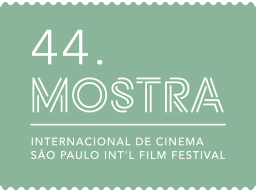Arquivo
Rome, Open City (1945)

Sobre o filme
Regarded as the starting point for Italian neo-realism, the film set the penniless conditions in which it was made soon after World War II, to its own advantage. Filmed in the bombed out streets of Rome, the film tells a story based, strictly, on real life with amateur actors, in a natural and semidocumental style that was to be imitated the world over. The film shows the action of the Italian Resistance during the Nazi occupation of Rome at the end of World War II. One of the militants, Giorgio, is being investigated by a German official. Giorgio seeks the help of his friend Francesco, to transfer money to other rebels. In place of Francesco, Giorgio encounters his fiancée, Pina, a widow, who tells her son to fetch a priest, a sympathizer of the group, to act as intermediary. On the day set for the wedding between Pina and Francesco, the Germans decide to inspect all of the apartments in their building, thus unleashing tragedy.
Rome, Open City won the Grand Prize from the Jury at the Cannes Festival, in 1946, for the best foreign film from the National Board of Review and the New York Circle of Critics, and was further nominated for an Oscar for the script.
Título original: Roma, Città Aperta
Ano: 1945
Duração: 105 minutos
País: Italy
Cor: Colorido
Direção: ROBERTO ROSSELLINI
Roteiro: Federico Fellini, Sergio Amidei
Fotografia: Ubaldo Arata
Elenco: Aldo Fabrizi, Anna Magnani, Vito Annichiarico, Marcello Pagliero,Nando Bruno, Harry Feist, Carla Rovere, Joop van Hulzen.
Produtor: Giuseppe Amato

